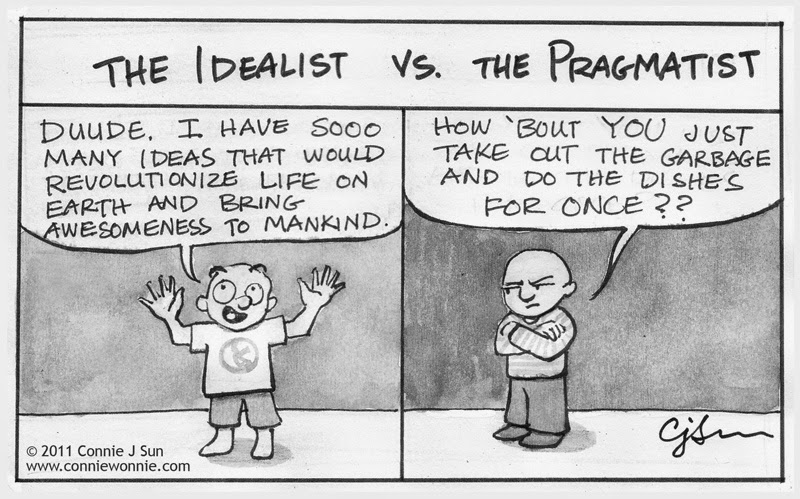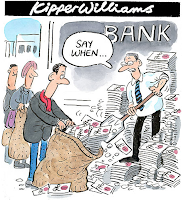Irish English: What is a yoke?
Y oke (slang/noun) - 1. an unflattering reference to unspecified thing or person. 2. any device, unusual object, or gadget: where's the yoke for opening tins? . Mystified by this title. I always understood yoke to be a word you used dismissively What the hell is that yoke for? One of my favourite Irish words. Monosyllabic, irreverent and triumphantly refusing to accept the official label given to somebody or something. All that is best (and perhaps worst) in the national character.


